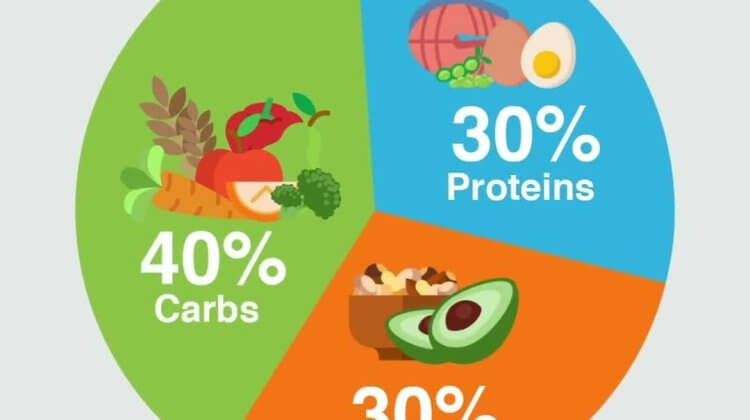
Dear Lyle,
I am following Dr. Sear’s Zone diet to lose some bodyfat before I start my mountain bike racing season this year. Because of my training schedule I have to do several high intensity workouts during the week and I find that I am unable to recover from workout to workout on the carbohydrate intake I am currently consuming. Though I usually try to keep my carb level at about 220-250 grams for the day, on the days I indulge in the Ultra Fuel/Whey Protein post work-out shake nearly half of the day’s carbs are in the shake (100 grams). On workout days should I account for the nutrients in the shake in a different way? Possibly allowing for a higher carb intake on workout days?
Although the lowered carbohydrate diets like the Zone are excellent for fat loss, it is a reality of life that high intensity exercise absolutely requires carbohydrate. Simply put, free fatty acids are not able to fuel exercise above a certain level. This applies both to weight training and to high intensity (above lactate threshold) endurance workouts. So your solution is a good one. Although much is made recently about problems with insulin sensitivity and how the insulin released from carbohydrates can result in fat gain, there is one time point where a high insulin response is not only useful but desired, and that is right after workout.
For reasons which are not entirely understood, high intensity exercise raises insulin sensitivity. Meaning that the muscle can more effectively utilize the insulin which is released. Additionally, since the muscle tends to use the insulin which is released, fat cells (which require higher insulin levels than muscle cells) are not stimulated to store fat during this time period. Most likely the increase in insulin sensitivity with exercise is related both the glycogen depletion as well as the fact that muscular contractions cause things called GLUT-4 receptors (which stands for GLUcose Transporters) to move to the membrane of the cell. Ultimately though, all you need to understand is that high intensity exercise will allow you to use more insulin (and by extension more carbohydrates) without having to worry about gaining fat.
A good guideline for post-workout carbohydrate intake is 1.5 grams of carbs/kilogram lean body mass (divide lean body mass in pounds by 2.2 to get kilos) which works out to 75-150 grams for most people. Additionally, as mentioned in the last question, adding protein to these post-workout carbs seems to help with recovery and get a better hormonal response.
Now the problem comes in when you are trying to design a diet around a specific ratio of nutrients, as in the Zone. Sears makes an argument that the ideal ratio of protein to carbohydrate is 3:4. But he also makes a big deal (and I agree) that you don’t want to consume more protein than you need. So you are faced with somewhat of a dilemma. Personally (and a mountain biker I train who uses the Zone does this with good results) I would suggest that you follow the Zone ratios for all of your meals and simply count your post-workout carbohydrates separately. So if you add the 100 grams of carbs as a post-workout drink, don’t try to balance it out with protein and fat so make the days ratios come out to Zone ratios
About the author
Lyle McDonald+ is the author of the Ketogenic Diet as well as the Rapid Fat Loss Handbook and the Guide to Flexible Dieting. He has been interested in all aspects of human performance physiology since becoming involved in competitive sports as a teenager. Pursuing a degree in Physiological Sciences from UCLA, he has devoted nearly 20 years of his life to studying human physiology and the science, art and practice of human performance, muscle gain, fat loss and body recomposition.